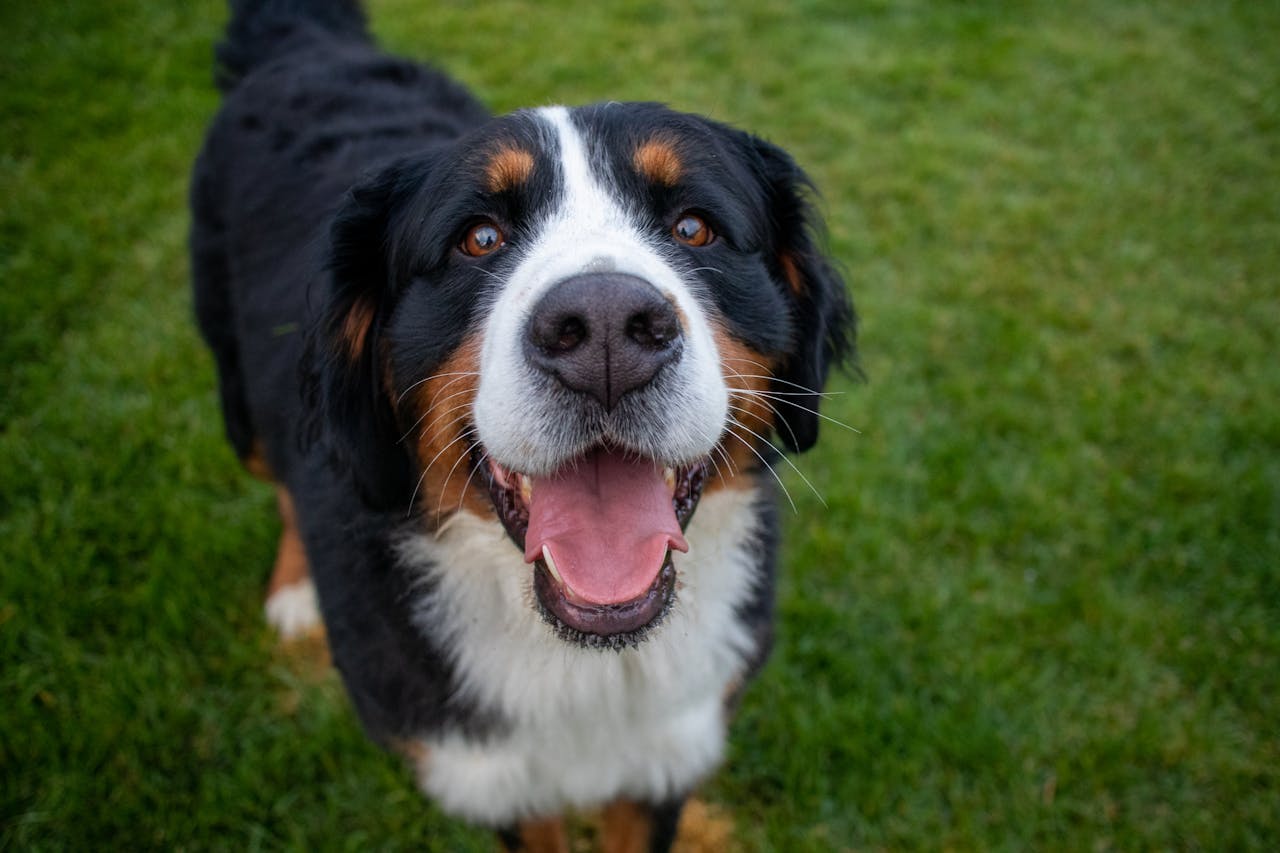
Dogs come in all shapes, sizes, and breeds, each with its own unique characteristics and traits. While we often associate breed with physical appearance and temperament, it’s important to recognize that it also plays a significant role in dental health. From the shape of their jaws to the alignment of their teeth, a dog’s breed can have a profound impact on their oral well-being. In today’s blog, we’ll explore how breed influences canine dental health and what pet owners can do to ensure their furry friends maintain healthy smiles.
Understanding Breed-Specific Dental Characteristics
Brachycephalic Breeds (Short-Nosed Dogs)
Breeds such as Bulldogs, French Bulldogs, Pugs, and Boxers are known for their short, flat faces and compressed jaws. While these adorable features contribute to their unique appearance, they also pose challenges for dental health. Brachycephalic breeds often have crowded teeth, which can increase the risk of plaque and tartar buildup. Additionally, their shortened jaws may lead to dental misalignment, rotated teeth and malocclusions (think underbite!), making them more prone to issues like tooth decay and gum disease (periodontitis).
Toy and Small Breeds
Toy breeds like Chihuahuas, Yorkshire Terriers, and Maltese are beloved for their pint-sized stature and charming personalities. However, their petite mouths can be susceptible to dental problems such as retained baby teeth and overcrowding. This makes it difficult to effectively clean these teeth leading to increased plaque, tartar build-up and periodontal disease…and bad breath!
Large and Giant Breeds
On the opposite end of the spectrum, large and giant breeds like Great Danes, Mastiffs, Pitbulls, and Saint Bernards have powerful jaws and robust dental structures. While their size may offer some protection against dental issues, these breeds are not immune to problems such as periodontal disease and tooth fractures. The upper carnassial teeth are commonly treated for “slab” fractures due to aggressive chewing. Never allow dogs to chew on antlers, bully sticks, Nylabones or natural bones as these are all hard enough to crack teeth! If you have an aggressive chewer, you can try Goughnuts chew toys instead of the off-limit chew options above.
Herding and Working Breeds
Breeds bred for herding and working purposes, such as Border Collies, Australian Shepherds, and German Shepherds, often have strong, well-developed jaws designed for gripping and holding. While their robust dental structures can withstand the rigors of their jobs, these breeds may still experience dental wear and tear over time. Their active lifestyles may also expose them to dental injuries and trauma, necessitating proper dental care and maintenance. Fractured or worn canine teeth are a particular issue for these pups!
Tips for Maintaining Dental Health Across Dog Breeds
Regular Examinations
Regardless of breed, all dogs benefit from routine check-ups with a veterinarian. These exams allow for the early detection of dental issues and help prevent more serious problems from developing.
Dental Care at Home
Implement a regular dental care routine at home, including brushing your dog’s teeth DAILY with pet-safe toothpaste and providing chew toys or dental treats (VOHC Accepted Dental Products) to help clean their teeth. Although dental chews and diets can provide some benefit, NOTHING replaces regular and frequent teeth brushing.
Professional Dental Cleanings
Schedule professional Comprehensive Oral Health Assessment and Treatment appointments annually or as otherwise recommended by your veterinarian. These cleanings are essential for removing tartar and plaque buildup that cannot be addressed through at-home care alone. Additionally, although animals experience pain very similar to humans, they don’t express it like we do. Eating is instinctual for survival, so painful teeth/dental disease will almost never be the cause of your pet going off their food. It’s important to remember that although it may not be obvious to us, dental disease is painful and should absolutely be addressed.
Diet and Nutrition
Choose a high-quality diet that promotes dental health, regardless of your dog’s breed. Consider feeding dental-specific diets or providing dental chews to help reduce plaque and tartar buildup. Remember, nothing replaces a good daily teeth brushing routine!
Dog Dentist in Phoenix
In conclusion, a dog’s breed plays a significant role in determining their dental health needs and predispositions. By understanding the unique dental characteristics of different breeds, pet owners can take proactive steps to maintain their furry friends’ oral well-being. Whether you have a brachycephalic breed with crowded teeth or a large breed with a powerful bite, prioritizing dental care is essential for ensuring a lifetime of healthy smiles. Remember, no matter the breed, every dog deserves a happy, healthy mouth!
Photo by Donovan Kelly from Pexels
